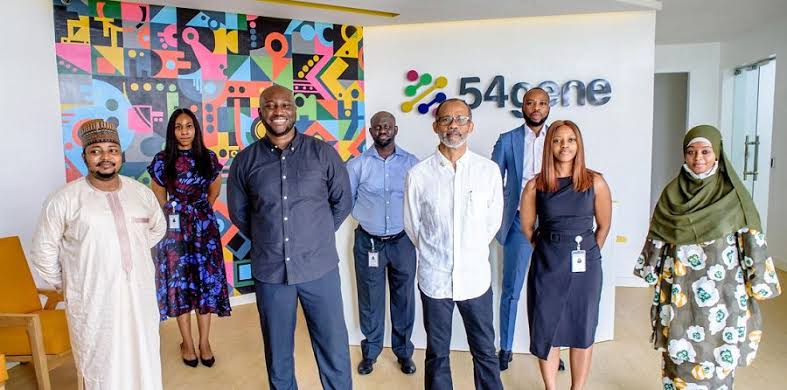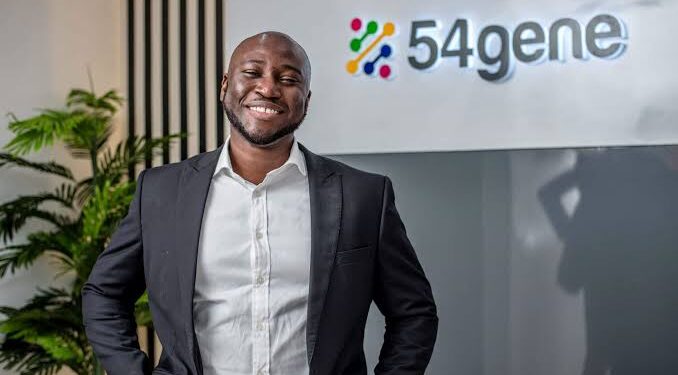A Federal High Court in Lagos issued a powerful ruling on July 31, 2025, blocking the planned sale of 54gene’s assets. The injunction prevents investors from liquidating key resources, including biodata from 100,000 Nigerians which had been priced at $3 million for sale. The founder, Dr Abasi Ene-Obong, filed a petition in July 2025 alleging the investors orchestrated the collapse of the company.
Founder Accuses Investors Of Sabotage
Ene-Obong accused leading investors Cathay AfricInvest Innovation Fund and Adjuvant Capital of sidelining the startup’s board and rejecting a rescue funding proposal worth $110 million. He said they pressured the company into bankruptcy and even threatened to spread unfounded rumours of fraud aginst him when he offered to buy them out. He asserted those moves undermined the mission to harness African genomic insights ethically and responsibly.
Financial Downturn And Gorvenance Crisis
Once valued at $170 million, 54gene’s valuation crashed to around $50 million in 2022 after leadership turmoil and failed revenue streams. The company’s operations collapsed in July 2023, as revenue from COVID-19 testing declined and the pivot to advanced diagnostics faltered. Leadership instability also hit hard: the company replaced its CEO three times in its final year, Abasi Ene-Obong left in October 2022, interim CEO Teresia Bost followed and Ron Chiarello took over before resigning in July 2023.

Legal Claims And Unpaid Creditors
Former legal counse and interim CEO Teresia Bost filed a lawsuit alleging discriminatory behavior and a hostile work environment. She also claimed that her salary was cut drastically from $330,000 to about $176,000 in breach of her contract, and said executives warned the company would be insolvent by September 2022 due to questionable spending. The company still owes vendors for essential lab equipment, further complicating closure efforts.
Why The Court Intervened
The court intervened because the planned sale threatened to transfer sensitive genomic data and intellectual property into investor control without proper oversight. Ene-Obong argued that investors moved assets into the Nigerian subsidiary after his exit so they could liquidate them unilaterally. The court accepted that asset sale posed risks to governance, accountability and national interest.
Broader Implications For African Biotech
54gene’s downfall represents a significant setback for African biotech. The company helped create a biobank of over 100,000 genomic samples and it inspired hopes for precision medicine in Nigeria and beyond. Its collapse raises questions about investor conduct, founder rights and structural risks in capital-intensive, mission-driven startups.
Founder’s Next Steps
Despite defeat, Ene-Obong launched a new venture, Syndicate Bio in late 2023. He said he wants to continue ethical, community-driven genomics innovation across Africa. The court injunction gives him breathing room to fight back under the law while protecting the biobank from unregulated asset sales.
54gene had grand ambitions. Now, its fall exposes the fragility of biotech ventures and the dangers that follow when control shifts away from visionary founders. The court ruling offers a pause: a chance to reassess power, ownership and ethics in building Africa’s next generation of scientific innovation.




